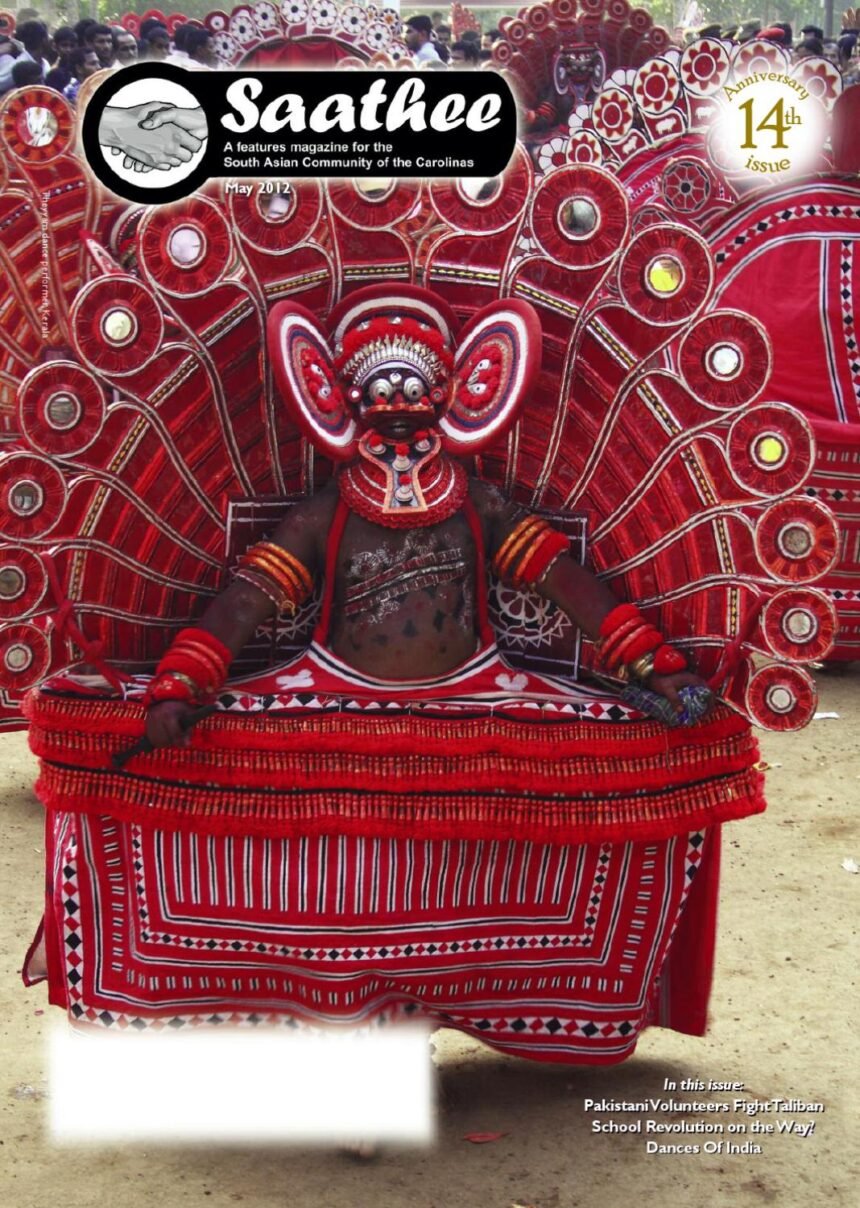As the cult classic film “Dushman” marks its 25th anniversary, filmmaker Tanuja Chandra takes a moment to reflect on its significance in a time when movies with female protagonists were a rarity, and women directors were few and far between. Released in 1998, “Dushman” emerged as a psychological revenge thriller that captivated audiences with its unique storytelling and strong performances.
Tanuja Chandra, who made her directorial debut with “Dushman,” acknowledges the pivotal roles played by the film’s producers, Pooja Bhatt and Mukesh Bhatt, as well as its talented cast including Kajol, Ashutosh Rana, and Sanjay Dutt. However, Chandra emphasizes the importance of the highly receptive audiences of that era, whose support and appreciation contributed significantly to the film’s enduring success.
During the late 1990s, the Indian film industry witnessed a scarcity of female filmmakers, with very few women being given the opportunity to helm movies. Chandra recalls this period with a sense of nostalgia, reminiscing about the purity of intent and genuine love for cinema that she observed among her peers. While the challenges were undeniable, the industry was slowly beginning to witness a shift, and “Dushman” played a vital role in breaking new ground.
“Dushman” explored the theme of revenge through a female perspective, providing a refreshing take on a genre typically dominated by male protagonists. The film presented a strong and complex female lead, portrayed by the talented actress Kajol, who showcased her versatility and acting prowess in the role. Chandra’s direction delved into the psyche of the protagonist, offering a psychological depth rarely seen in mainstream Indian cinema at the time.
The success of “Dushman” not only highlighted the demand for diverse narratives and compelling female characters but also paved the way for more opportunities for women in the film industry. It served as a beacon of hope for aspiring female filmmakers, encouraging them to pursue their creative ambitions and make their mark in a traditionally male-dominated field.
Since the release of “Dushman,” the Indian film industry has witnessed a gradual but notable increase in the number of women directors and films with female protagonists. Talented filmmakers such as Zoya Akhtar, Meghna Gulzar, and Gauri Shinde have emerged, challenging societal norms and creating impactful stories that resonate with audiences worldwide. These women continue to defy the odds, pushing boundaries and making a significant impact on the industry.
Tanuja Chandra’s journey from “Dushman” to the present day serves as an inspiration to aspiring filmmakers, especially women, who face obstacles and barriers in pursuing their dreams. Chandra’s success story showcases the importance of perseverance, talent, and the power of storytelling in overcoming industry stereotypes.
As the 25th anniversary of “Dushman” is celebrated, it serves as a reminder of the progress made in the film industry and the continued need for representation and diversity. While there is still much work to be done, the success and impact of films like “Dushman” pave the way for a more inclusive and equal future.
“Dushman” remains a trailblazing film that challenged norms and defied expectations. Its anniversary prompts reflection on the evolving landscape of the film industry, where female filmmakers are gradually gaining recognition and representation. Tanuja Chandra’s directorial debut serves as a testament to the power of storytelling and the importance of creating space for diverse voices in cinema.




